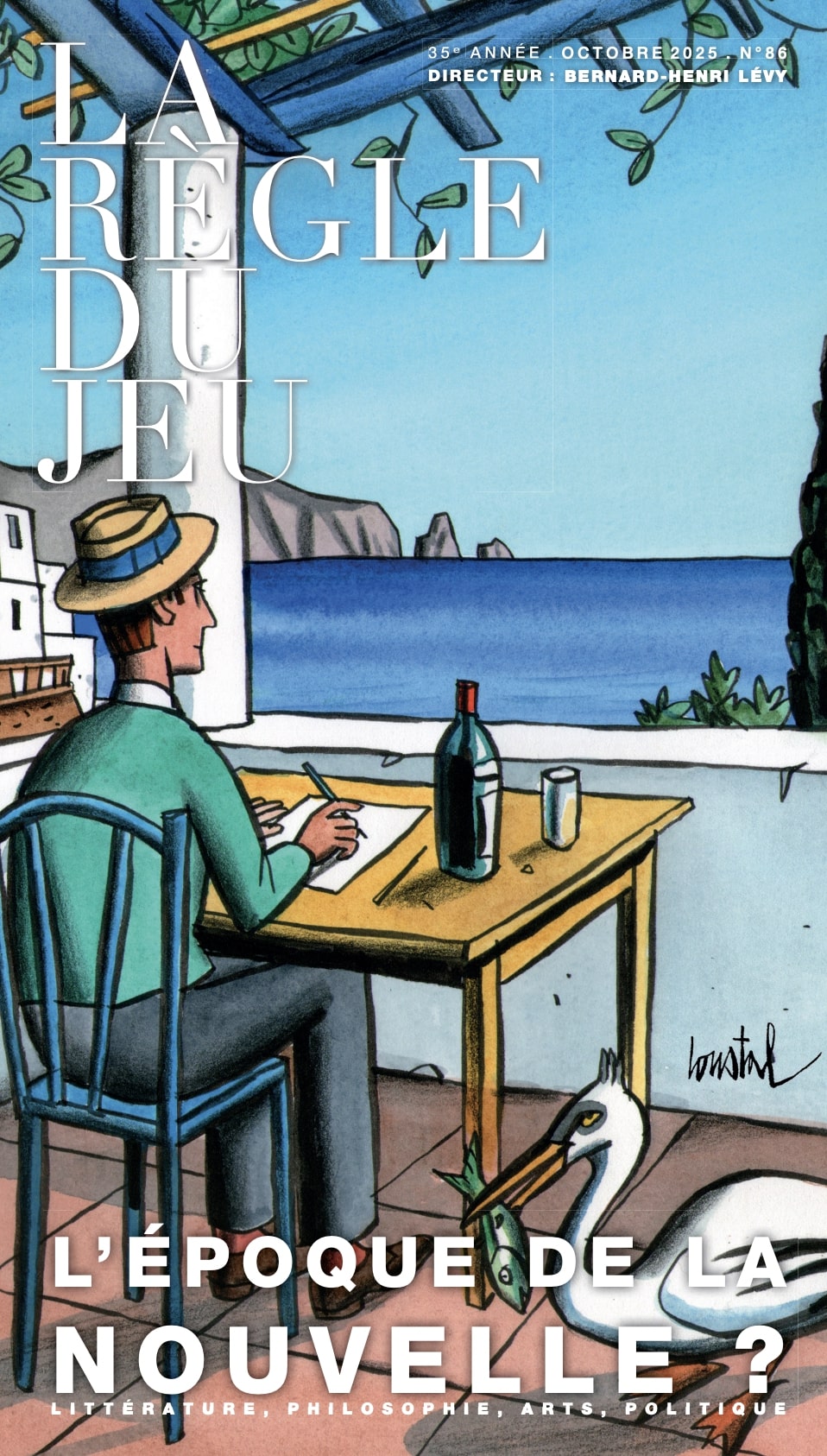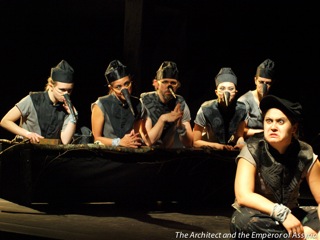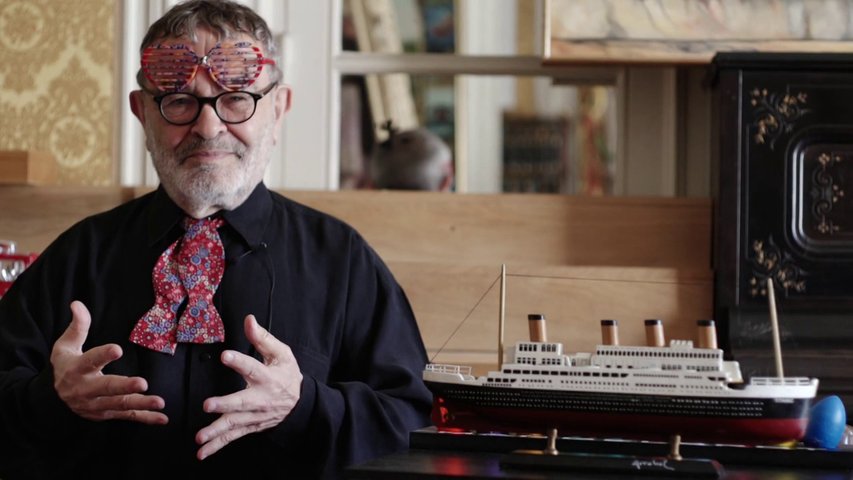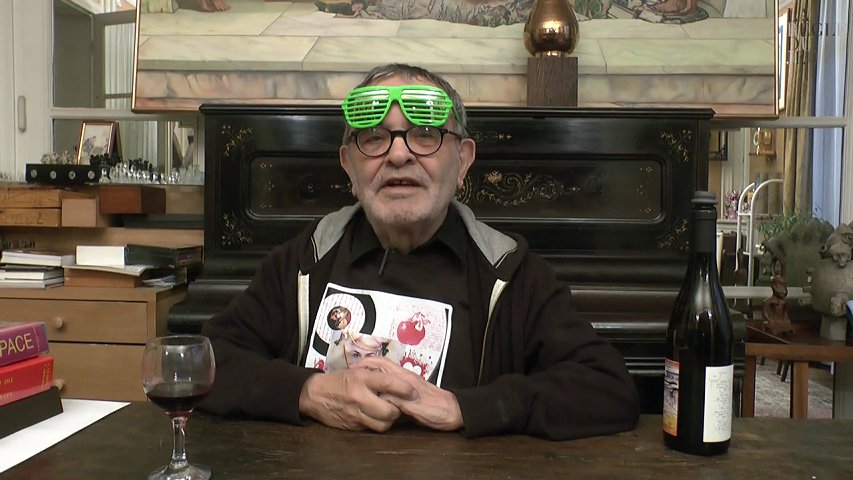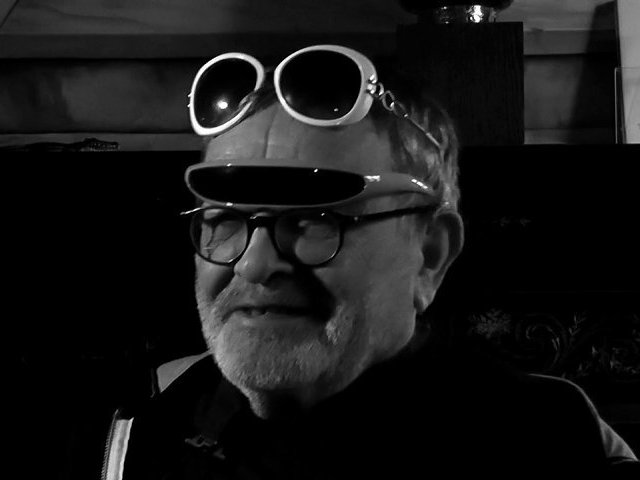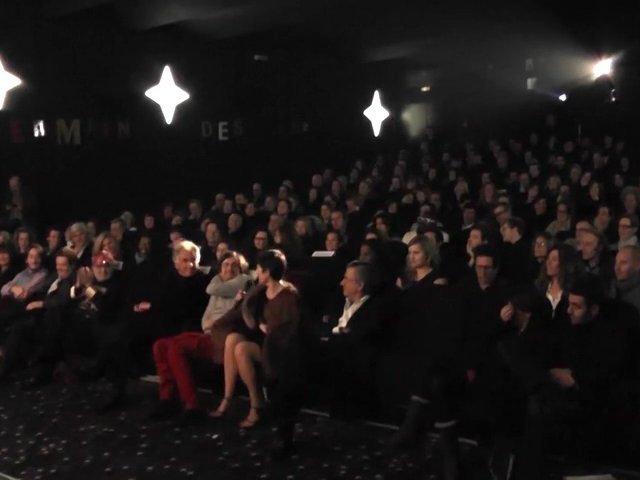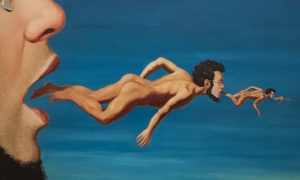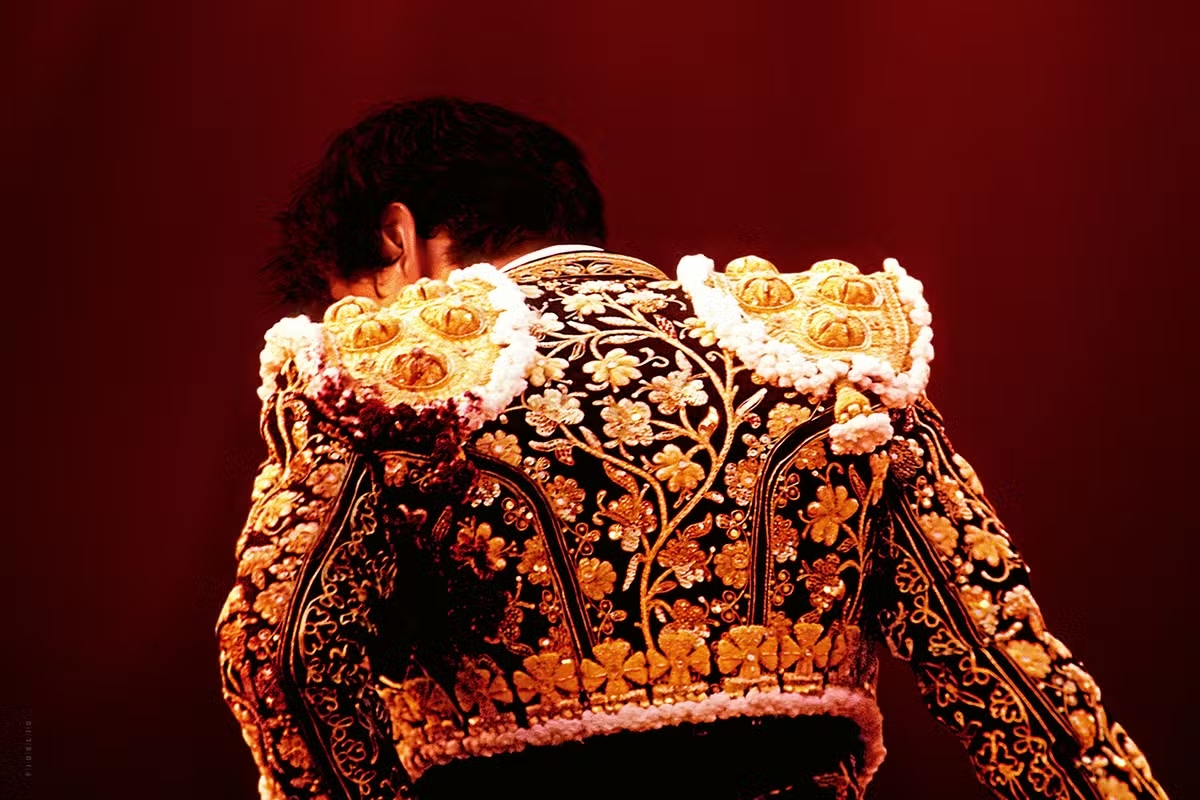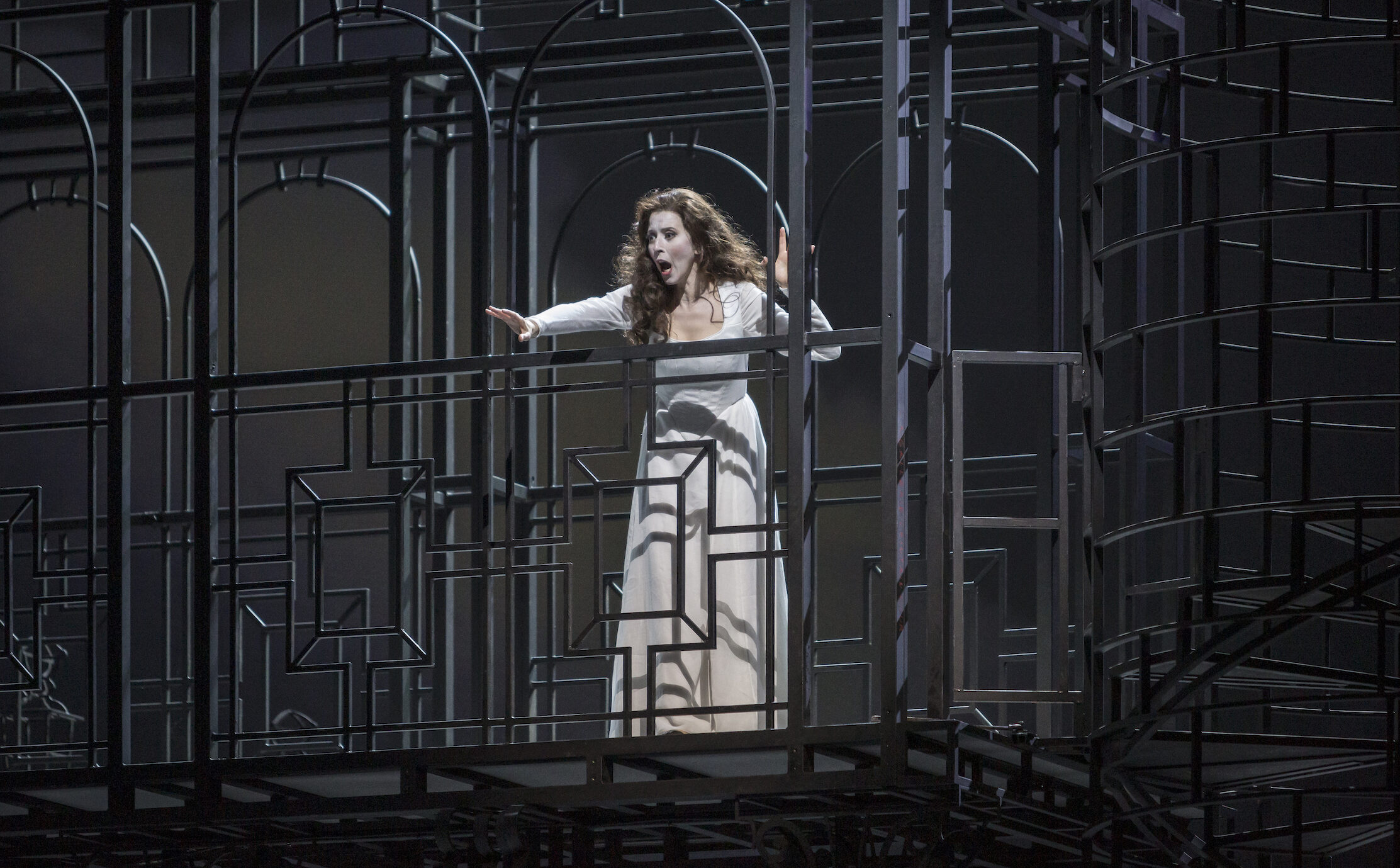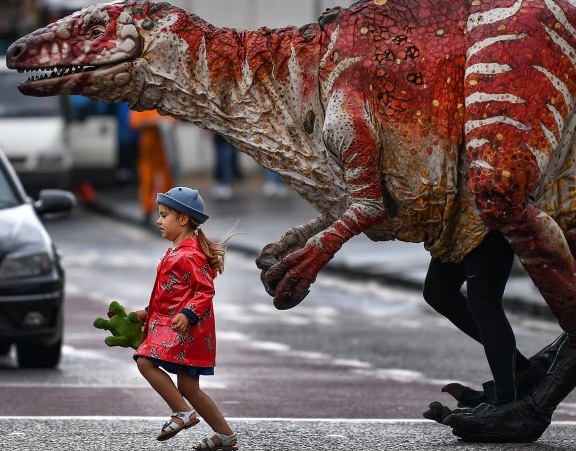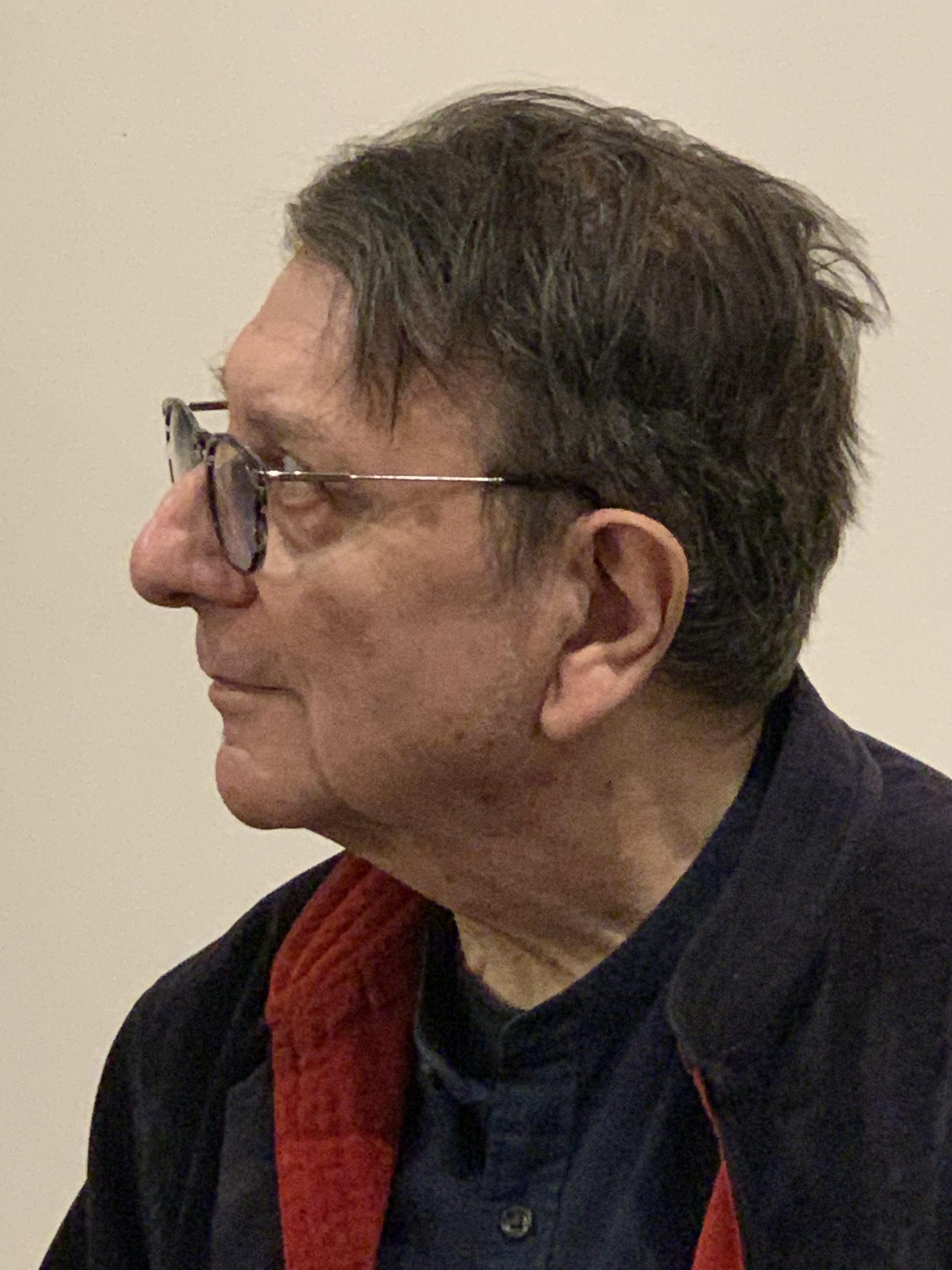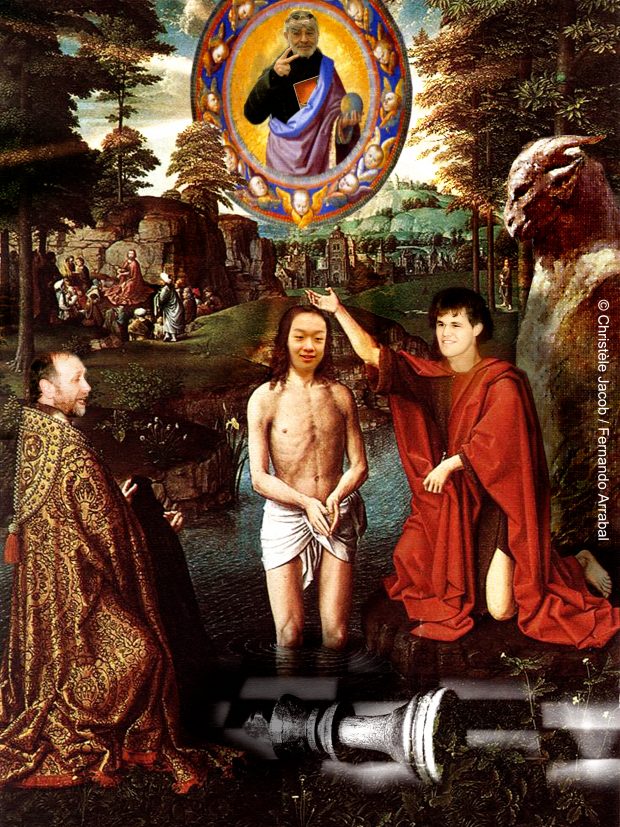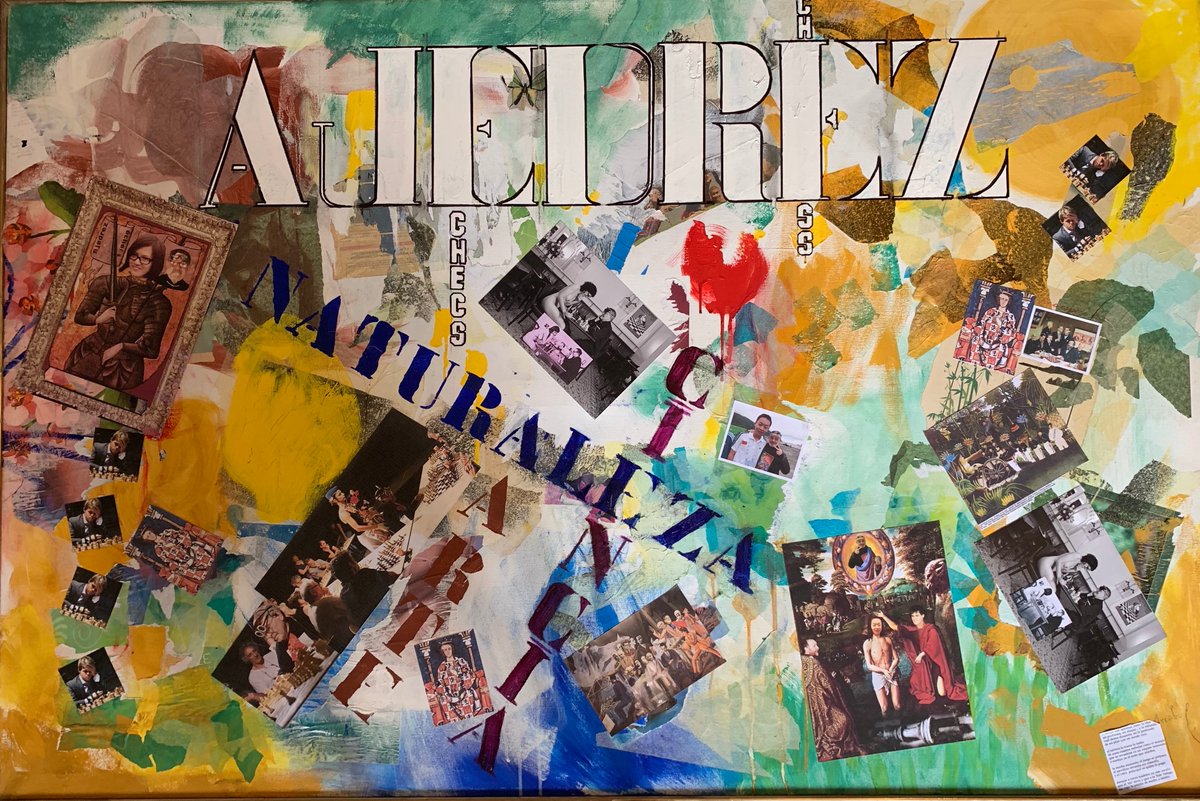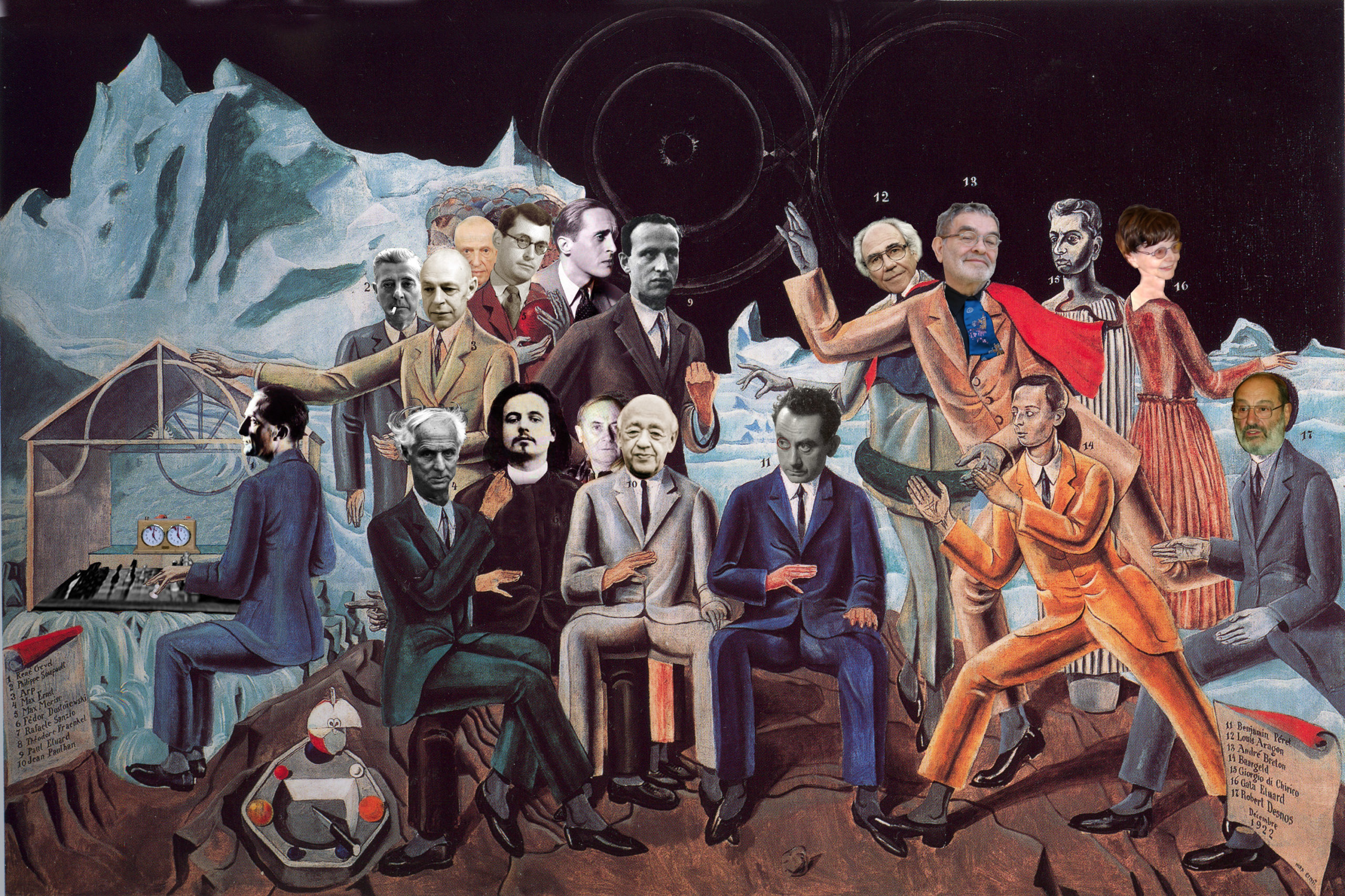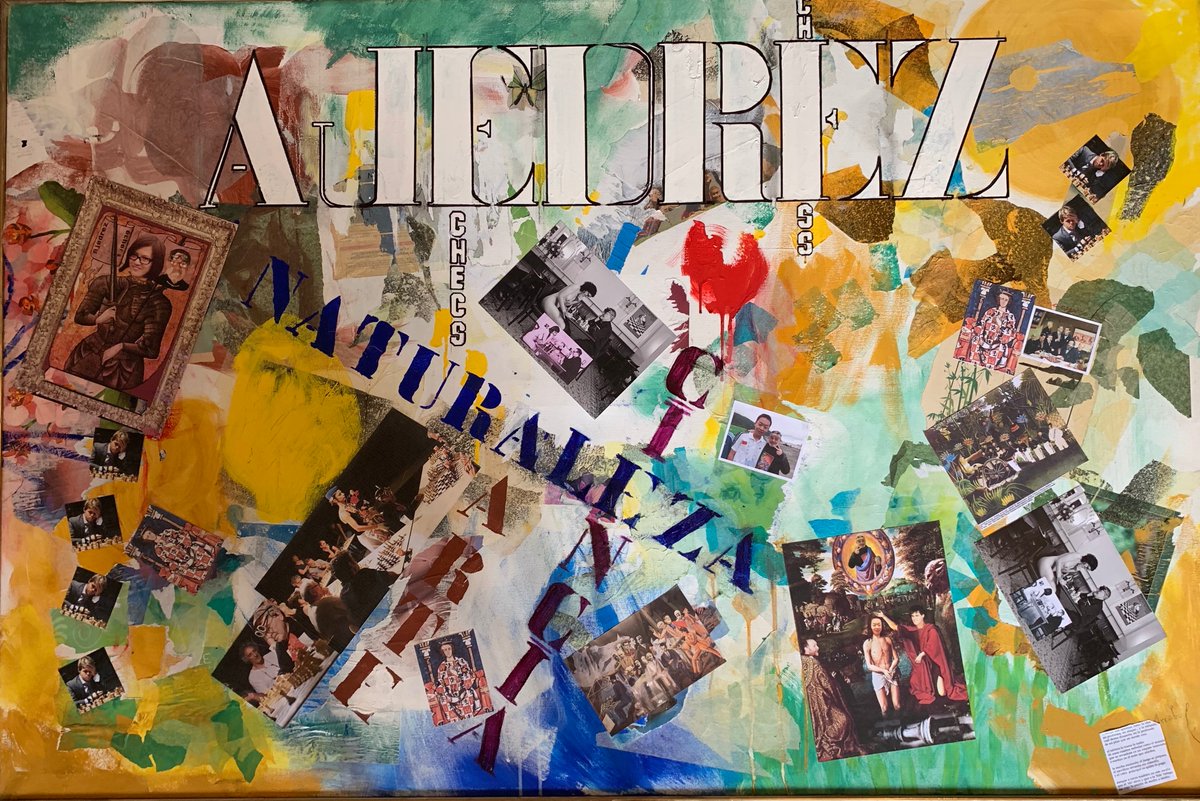ARRABAL IN GIAPPONE
THE ARCHITECT AND THE EMPEROR OF ASSYRIA
(L’ARCHITETTO E L’IMPERATORE D’ASSIRIA)
by Fernando Arrabal
directed by Mattia Sebastian
performed in seven languages
I-SCOT International Suzuki Company of Toga
producted by SCOT
Kyu Toga Sambo. Toga Mura Arts Park, Japan
january 2014 – august 2014 Rock Theatre – Open Air
with
Jingsheng Gu (China),
Daisuke Ueta (Japan)
Agnia Leonova (Lithuania) ,
Shy Magasalin (Australia),
Chiara Nanti (Italy),
Gaia Rosberg (Denmark) ,
Kameron Steele (U.S.A.) ,
Yan Yan Zhou (China)
light design Makoto Niuwa
costumes Toshimi Mitsuda
In this ingenious and poetic play, The Emperor of Assyria lands on a tropical isle that is deserted except for one man – the Architect.
The Emperor teaches the Architect his language and regales him with stories of his formar life and language – his beautiful fiancee, his literary works, his fourteen secretaries, his narcissism empire. The Architect receives the information and knowledge the Emperors offers, and learn to be a “civilized” man. The fantasies they act out together expose the quality of such civilization. The Emperor decides that he must stan trial for his guilty past, and the Architect acts as judge.
When the Emperor is inevitably condemned to death, his last request is that he be eaten after execution.
“Nothing is human if it is not confused and I do a realistic theater that rappresent this situation »
Disorientation, therefore, seems to be the fundamental goal of the works of Arrabal.
Which needs a theater of situation, circular, without end, without plot, in which the characters are polymorphic; mingle with one another, disguise them self, change sex, role. Cannibalize their identity to neutralize its self and as a paradox they want to be up to the other one. With no end game: the end of this work concerns the beginning.
A « panic theater », as Arrabal called: subversive, poetic, erotic ritual that unfolds between the sacred, the profane, tragedy, farce, obscenity, love and cruelty because « there is too tragic for it to be taken seriously”.
In this staging we face seven architects and seven emperors who mix, boosting even more the labyrinth built by Arrabal so that the ‘confusion’ is the most important focus.
The human being is lost in an existence that does not understand, linked to a moral impenetrable and incomprehensible to him. This disconnection with nature generates the « chaos » within us, and it spreads all over the world.
The relationship between the Architect and the Emperor is on a topic dear to Beckett, the time and the perpetrator-victim relationship, namely that important « dear enemy » with whom we share our existence.
« We’re not tied? » asked Estragon in ‘Waiting for Godot’.
« Bound? » Wladimiro replied, “Yes, yes tied, tied to your God! »
By identifying the word god with any theme (family, religious, political, sexual, consumerist, mythological, ect) we can safely say that we are “tied ».
« We will be the last men in chains. The inquisitions go to pieces. The terror and intolerance will cease for centuries … »
We are thus faced with a dream, the dream of Arrabal.
Mattia Sebastian
otro arrabalesco: … el wifi ¿conserva las lágrimas de los mails de despedida?
